Why a flu shot is vital if you have cancer, and when to get it
Your cancer has turned your world upside down. You’re pulling together what little energy you have for your fight against those diseased cells – a fight you want to commence without any delay.
Getting your flu shot may not be part of your battle plan, but it is critical. Oncology specialist Professor Christina Rieger explains how, as a cancer patient, you are more at risk than other patients of catching the flu and of that flu becoming severe. She also reveals why the protection provided by a flu shot is essential during your cancer treatment.
More risk and fewer treatment options
“White blood cells help your body fight off infections such as the flu,” explains the professor. “Chemotherapy can lower the body’s white blood cell count, leaving a cancer patient with less immune protection. They are very prone to infection; their risk of catching the flu increases significantly.”
The flu brings with it a fever, aches and pains, tiredness and other symptoms (1) that would only compound your cancer symptoms. If you were to catch the flu, your treatment options would be limited. “There is no evidence that antivirals reduce flu symptoms or shorten the length of illness in cancer patients,” explains Professor Rieger. “If a cancer patient were to catch the flu, we would suggest spending some time in the hospital where doctors can monitor them closely and treat them with fluids and fever-reducing medication.”
The flu can have serious consequences
Catching the flu can also be the first step into a much bigger problem. “When a person with cancer catches the flu, they are more likely than others to have their flu progress to a secondary bacterial infection,” says Professor. “The number of patients in intensive care with flu pneumonia, for example, is much higher among cancer patients. They suffer very badly. They are often so ill that they experience life-threatening conditions.”
Moreover, catching the flu could also put your battle plans on hold. “The flu would most probably delay cancer treatment,” suggests the professor. “Delaying treatment may increase the possibility a patient cannot be cured of their cancer or may accelerate the progression of the disease.”
Protection
The protection a flu shot provides is crucial during your cancer treatment. Professor Rieger talks about the best time to get your flu shot. “Patients should receive their flu vaccine ten days before their cancer treatment starts, if possible. Their body will find it more difficult to build flu-fighting antibodies during treatment. If it’s not possible to delay their cancer treatment, we suggest giving the flu shot during the two- or three-week period between treatments.”
The live flu vaccine is “an absolute no-go,” she explains, “because cancer patients can catch an infection from the live vaccine.” The professor suggests an inactivated flu vaccine, such as the tetravalent attenuated vaccine, would be appropriate – and that close friends and family get an inactivated shot too “as there is a danger they could transmit the virus in an active flu shot to the cancer patient”.
The professor concludes by saying that the only other option for cancer patients is avoiding contact with people who might be infected with the flu: “The winter can be very lonesome for a cancer patient who isn’t vaccinated against the flu.” But cancer is a dark and lonely enough place as it is. Miss out on your flu shot, and you may also miss out on the emotional support from family and friends that can make a big difference during your cancer treatment.
The flu isn’t going to be at the forefront of your mind when you’ve just received a cancer diagnosis. But getting your flu shot is vital; it protects you from a potentially severe illness that could delay your cancer treatment. Speak to your doctor or nurse about the best time to get yours.
Reference
(1) https://ecdc.europa.eu/en/seasonal-influenza/facts/factsheet






Leave a comment